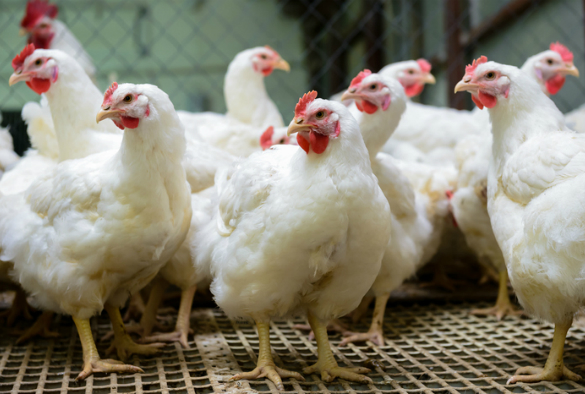The Government’s response to the House of Lords EU Energy and Environment Sub-Committee’s report on Brexit: Farm Animal Welfare is promising, but actual promises now need to be made in Brexit negotiations, says the British Veterinary Association (BVA).
Recognising the vital role of EU vets, as outlined in the Brexit: Farm Animal Welfare report published in July, the Government’s response stated:
“Many vets working in the UK are EU nationals and the Prime Minister has made clear that securing the status of the veterinary workforce is a top priority. Ongoing negotiations as part of the Article 50 negotiations will help firm up our commitment to do this.
“We are continuing to work across government and with the veterinary profession to help develop a flexible and skilled workforce which meets the UK’s needs.
The Government’s response to the report also outlined an intention to retain the UK’s high standards of welfare, and agreed that we should seek to avoid these potentially being undermined by cheaper imports produced to lower animal welfare standards.
Commenting on the Government’s response to the Brexit: Farm Animal Welfare report, BVA President John Fishwick said: “We welcome the Government’s acknowledgment of the veterinary workforce as a top priority, and value the close working with the profession to ensure a flexible and skilled workforce which meets the UK’s needs post-Brexit. The impact of losing even a small percentage of the workforce could have serious repercussions on the practices, communities, specialist areas and industries we serve. Priorities need to become promises. We will continue urging the Government to guarantee the existing rights of all non-UK EU vets and vet nurses living and working in the UK to provide reassurance to the colleagues who have been living in uncertainty for the past 18 months.
“The Government should demonstrate its intention, outlined in its response, to retain the UK’s high animal welfare standards by taking action now to enshrine Article 13 on animal sentience in UK law through the EU Withdrawal Bill.
“The response suggests a number of possible measures to prevent high UK animal welfare standards being undermined by cheaper imports produced to lower animal welfare standards. Consumers must continue to have confidence in the food they eat when we leave the EU, so it is important that this commitment is embedded in future UK trade policy.
“BVA is clear that animal health, welfare and public health standards must be at least maintained post Brexit. We must also see a single standard applied to the production of animal products destined either for UK consumers or foreign markets, which includes veterinary controls and certification, to avoid the potential for animal welfare breaches and food fraud that is associated with multiple parallel standards, while ensuring consumer confidence moving forwards.”


